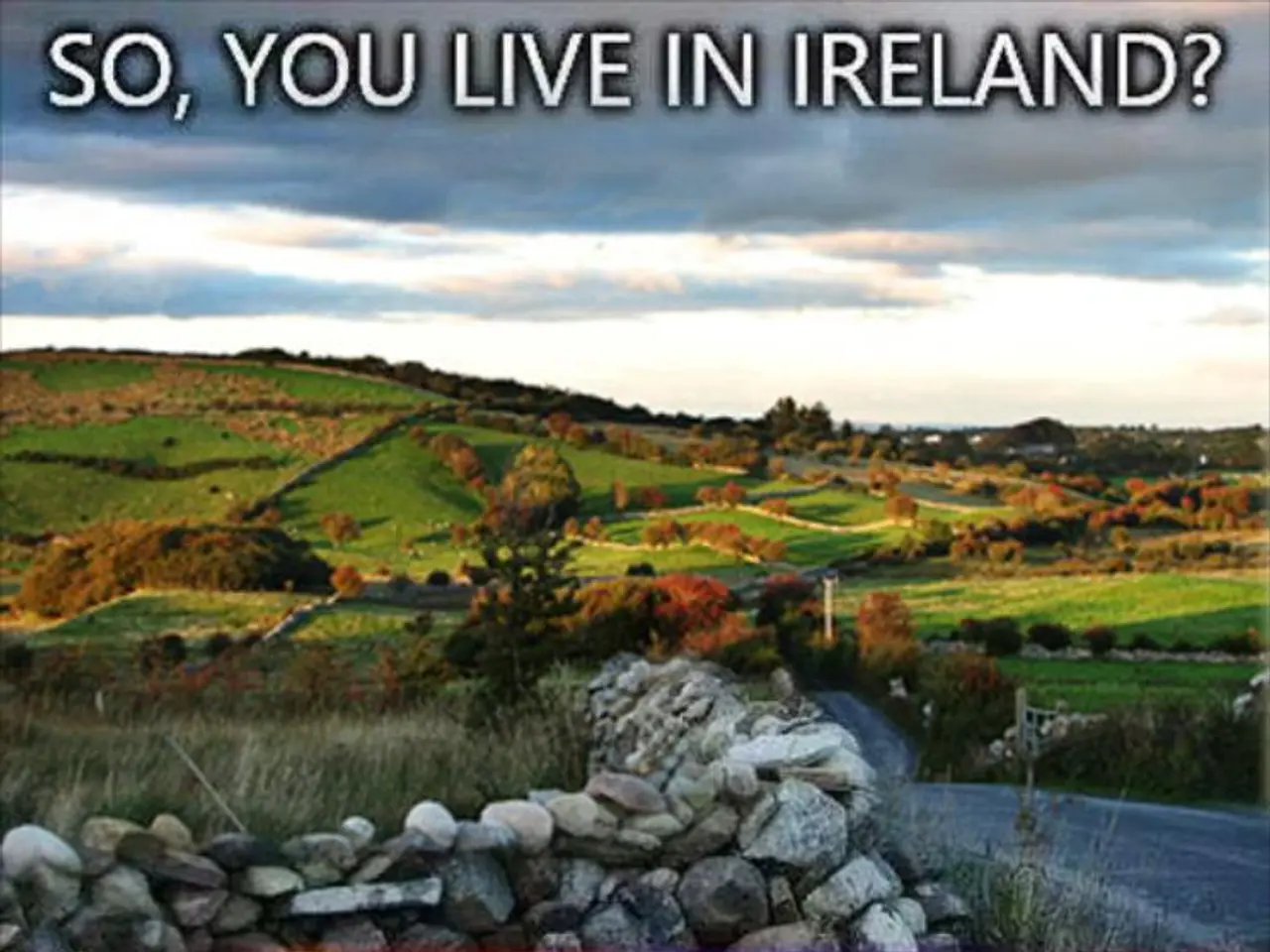Battles persist against fourteen significant fires in Spain, as challenging conditions are anticipated to exacerbate the blazes further.
Spain is currently grappling with 14 major wildfires that have been burning for over a fortnight, causing extensive environmental, cultural, and human losses across multiple regions. The fires, which are considered one of the worst summers for fires in the past 20 years, have been fueled by extreme heat, drought, and strong winds, all aggravated by rural land abandonment and climate change.
The wildfires have already resulted in seven fatalities, with at least four people, including firefighters, losing their lives. Dozens have been injured, and over 30,000 residents have been evacuated. Numerous villages have been destroyed, and critical infrastructure, such as the rail connection between Madrid and Galicia, has been suspended.
The fire near Molezuelas de la Carbellada in the Castile and Leon region, one of the largest in Spain's history, hasn't advanced since Thursday. However, southerly winds are causing challenges for firefighters, who are working tirelessly to stabilize the fire. In Galicia, several fire fronts have combined to form an even larger blaze.
Virginia Barcones, the director general of emergency services, has described the situation as "extremely worrying." Prime Minister Pedro Sanchez has stated that today will be another very difficult day for firefighting efforts.
The major wildfires have burned over 150,000 hectares (579 square miles), more than 34 times the size of Barcelona. The fires have destroyed huge areas of forests and protected sites, including the UNESCO World Heritage site of Roman gold mines at Las Médulas and the Picos de Europa Natural Park.
The fires are a result of a combination of extreme heat and drought driven by climate change, human factors, and rural land abandonment increasing combustible vegetation. The fire triangle principle, which requires heat, oxygen, and fuel, has been amplified by heat sources like lightning or human-induced sparks or negligence.
Avincis, the largest operator of emergency aerial services in Spain and Europe, has reported a 50% increase in flight hours dedicated to firefighting operations this season. Nearly 4,000 soldiers and multiple firefighting units, including aerial support, are deployed to assist with controlling the blazes.
The national weather agency AEMET has issued an extreme fire risk warning for the north and west of the country, with temperatures expected to reach up to 40°C (104°F) on the north coast. The agency predicts that the heatwave will continue for at least another week.
As the battle against the wildfires continues, Spain is receiving international support, with countries like France and Portugal sending firefighting planes and personnel to help contain the blazes. The government is urging citizens to stay vigilant and follow safety instructions as the country battles these unprecedented wildfires.
[1] BBC News. (2025, July 20). Spain wildfires: Galicia blaze forces evacuation of 12,000. Retrieved from https://www.bbc.co.uk/news/world-europe-58077402
[2] The Guardian. (2025, July 21). Spain wildfires: at least seven dead and 30,000 evacuated as fires rage across country. Retrieved from https://www.theguardian.com/world/2025/jul/21/spain-wildfires-at-least-seven-dead-and-30000-evacuated-as-fires-rage-across-country
[3] The New York Times. (2025, July 22). Spain Faces Deadly Wildfires Amid Record Heat. Retrieved from https://www.nytimes.com/2025/07/22/world/europe/spain-wildfires.html
[4] Reuters. (2025, July 23). Spain deploys soldiers to help battle wildfires. Retrieved from https://www.reuters.com/world/europe/spain-deploys-soldiers-help-battle-wildfires-2025-07-23/
[5] European Commission. (2025, July 24). Wildfires in Spain: Facts and figures. Retrieved from https://ec.europa.eu/environment/forests/wildfires/spain_en.htm
- The world is following the devastating wildfires in Spain, with the BBC News reporting at least seven fatalities, dozens of injuries, and over 30,000 residents evacuated due to the inferno.
- As the wildfires across Spain continue to ravage around 150,000 hectares of land, including the UNESCO World Heritage site, Las Médulas, scientists worldwide are studying the impact of such environmental disasters on art and cultural heritage.
- Amidst the political crisis in Spain, the government is contending with 14 severe wildfires that have been burning for over 15 days, causing extensive environmental, cultural, and human losses across the nation. The fires, fueled by climate change, drought, and other human factors, have ignited international concerns and news coverage.
- Scientists from the field of environmental-science and climate-change research are closely analyzing Spain's wildfires as a perfect example of how extreme temperatures, drought, and rural land abandonment can amplify the fire triangle principle, leading to catastrophic consequences for the environment, art, and general news globally.






